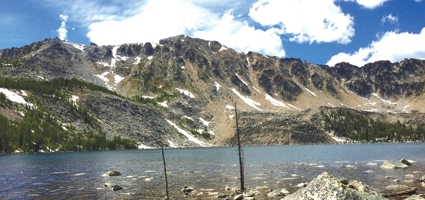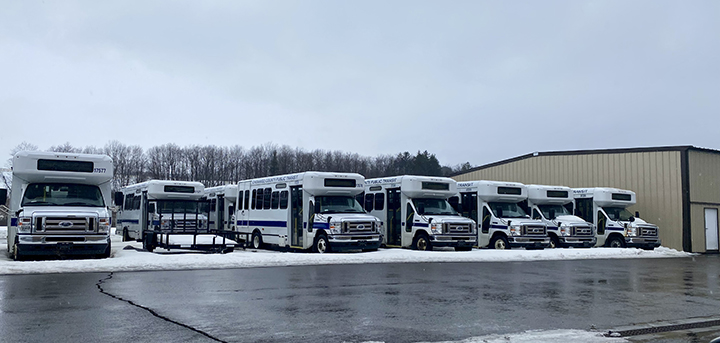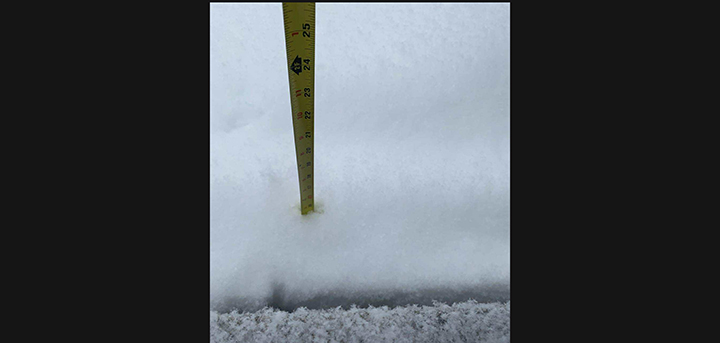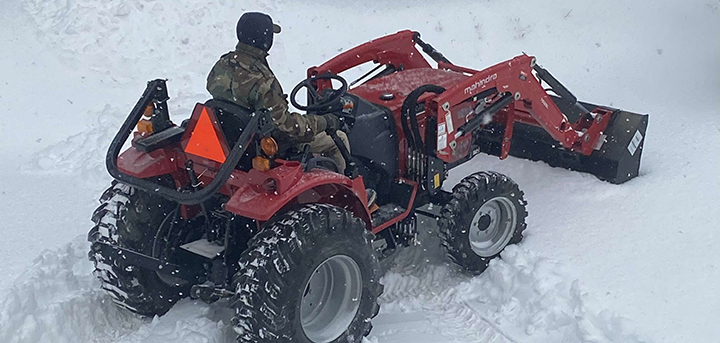Week seven: Watching the sparks fly
Three days until the Fourth of July, and already someone had burned their garage down. Firework madness had overtaken the city of Anaconda, Montana. Every citizen old enough to hold a sparkler had fallen victim to their pyromaniacal inner demon, carrying sacks of freshly-purchased toys into backyards and alleyways and setting off bottle rockets and roman candles long into the night. At least that’s how it seemed to a part-time resident like myself.
I decided to split town and give my neighbors time to work this insanity out of their systems. North of the city lay the Flint Range - a humble cluster of mountains with no technical wilderness but possessing a healthy component of subalpine lakes and wild scenery. With a fishing pole strapped to my backpack, I struck up the boulder-strewn jeep trail towards the Dempsey Basin. Because it was Fourth of July Weekend, unfortunately, a handful of off-road enthusiasts followed close behind me, dogging my steps with their fleet of four-wheelers, high-clearance jeeps and motorbikes. The riders I met were quite friendly, but I hoped I could escape the machines if I climbed high enough up into the mountains.
I shouldn’t have expected a pristine ecosystem. Unlike the wilderness regions I’d been exploring lately, the Dempsey Basin had its hydrological systems hijacked by valley farmers back in the 1930s. Dams had been built along six or seven of the lakes, raising their levels so that the stored water could be utilized in the late summer and fall. Once the last patches of snow melted from the mountain slopes and Dempsey Creek began to dry up, a water district worker drove to the first lake in the chain and opened some valves. The lake would start draining, and the creek would be rejuvenated for a time, feeding more water to the farms and ranches at the foot of the mountains. One by one, the lakes would be half-emptied, and the fish and wildlife would have to adjust once again to this yearly upheaval of their environment.
During my visit, snow patches still littered the upper forests, so every lake was filled with meltwater to capacity. This caused some confusion when I reached Caruthers Lake. I spent a while staring at my maps, unable to figure out why the jeep trail I’d been following had vanished instead of continuing on to Goat Lake. I was forced to bushwhack west towards my destination, only to become doubly confused when the road mysteriously rematerialized.
It turns out that the jeep trail actually went into the waters of Caruthers Lake and emerged out the other side. Driving higher into Dempsey Basin was only possible in late summer after the lake was drained. Until then, the high country was free from motorized vehicles… an unexpected gift for a man in pursuit of isolation, like myself.
The obnoxious hum of combustion engines was replaced by the slightly-less obnoxious humming of flies – horseflies, blowflies and the curious hoverflies, which mimicked the shape and striped coloration of bees almost perfectly. One couldn’t help but become slightly nervous when a hoverfly landed on one’s skin… at least until its telltale proboscis began probing for sustenance, ruining its disguise. The bigger female horseflies were a much more potent threat, with mouthparts designed to stab through skin and others that could soak up blood like a sponge.
Once I reached the highest lake in this corner of the basin, however, the wind did its best to throw every fly off-balance. Mountain Ben Lake lay cupped within the palm of a curved, nine-thousand-foot ridgeline. Rock and talus spilled down from the encircling mountains to create the vast mounds hugging the western shore. In between gusts, I pitched my tent in an old hunting camp along the eastern shoreline, next to what, decades earlier, must have been one beast of a backcountry oven – a stone fire pit capped by a rusty, hole-riddled iron cover. If I put my fishing pole to good use, I could probably stoke up a fire and fry some trout on the heated metal surface, as long as I didn’t mind some flakes of rust clinging to my meal.
Sadly, the trout weren’t biting. The wind was causing too much of a disturbance, blowing fierce enough to actually lift curtains of mist off the lake’s surface. A little harder, and I think the wind would have scooped the fish right out of the water and thrown them into my campsite.
I had to content myself with my usual bowl of ramen noodles, which I carried to the lakeshore so I could enjoy my meal with some stark scenery. The shallow waters at the eastern edge held an unusual scattering of grassy heaps – miniature islands where an occasional fir tree stood, looking lost and stranded. I deduced that the small dam at the outlet to Ben Mountain Lake had raised the water level by just a foot or two, and over the last century, the coastline that had taken thousands of years to form began to erode away. Waves from windstorms like this one had slowly washed the soil out from underneath these trees, leaving them orphaned upon ever-dwindling islands of grass. I wished I could have welcomed them back into the forest and reunited them with their brethren, but that gift was beyond my means.
Humanity’s impact felt harsh, even this high in the Dempsey Basin. But perhaps it was no harsher than the wind’s, which took its toll upon mountain, tree and camper alike. Random gusts batted at the sides of my tent all night, then froze my fingers when I climbed a 9,611-foot mountain the next morning. The wind even scared off the fish in every lake I visited during the hike back to the trailhead. Despite my best efforts, trout would not be appearing on the dinner menu this Fourth of July.
A little dissatisfied by my Dempsey Basin experience, I returned to town just as the pyrotechnic indulgence was reaching a crescendo. Pops, whistles and booms echoed down every street in Anaconda, and the only reason the streets were not filled with firecracker smoke was because the wind was working overtime to replace the fumes with fresh mountain air. Most of the neighboring counties had just banned fireworks on public and private lands due to the dry conditions and extreme wind advisories. But not Deer Lodge County. They were fully committed.
Resigning myself to the chaotic spectacle, I drove up to the hilltop cemetery to get a good view of the main firework performance. Coincidentally, this happened to be the best place to receive advance warning if more garages caught fire. The pyrotechnics seemed out of control; every quadrant of the town was doing its best to outdo the official government efforts. Cascades of silver sparks rained down upon the city streets. Starbursts made of blazing embers were quickly warped by the wind, even before they could expand to their full dimensions, and the air currents hustled each distorted form off to the side to make room for the next explosion.
I had to admire the townsfolk’s determination to press on with the celebration, despite the risk. Freedom was worth celebrating, and if anything I could empathize with the desire to inject danger into one’s life from time to time. Some do this by way of firecrackers, and others through an assortment of cliffs, lightning bolts and wild animals. Who’s to say which group was crazier?










Comments